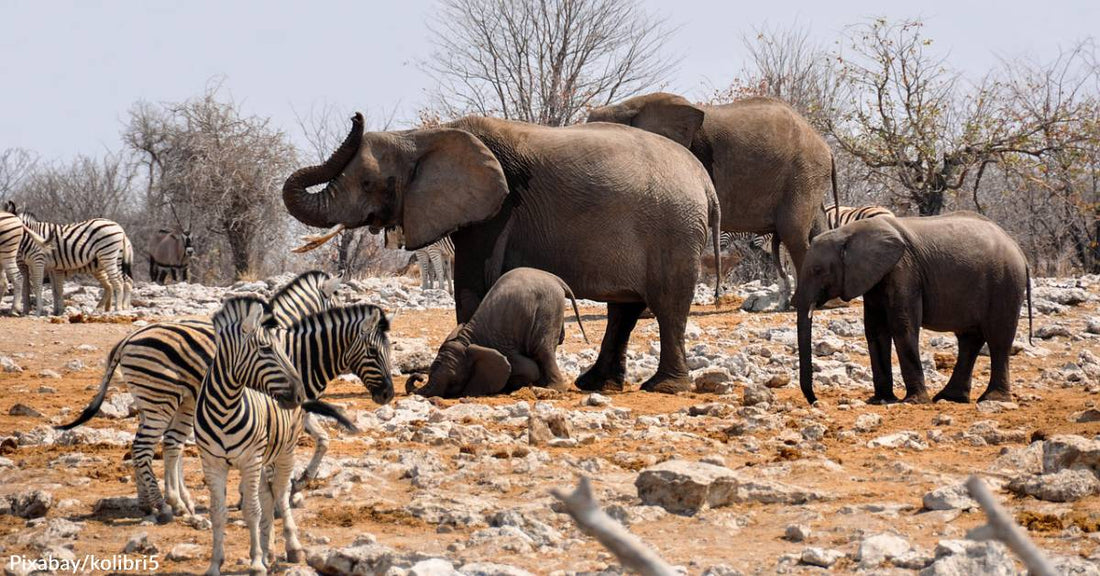Study Finds Mammals Living in Groups Have Longer Lifespans
Rebecca West
It should probably come as no surprise. As humans, we've found safety in numbers and managed to flourish in communities. Going it alone can be tough. In fact, people that find themselves in difficult situations where rescue is imminent are advised to stay with the group rather than strike off alone. To some extent, the same is true for all mammals. At least that's what recent data suggests.
Safety in Numbers
According to research performed by scientists from China and Australia, mammals that live in groups see longer lifespans in general than solitary species. The study compared 974 mammal species, analyzing longevity and social organization among them. They started by placing them into three distinct categories: solitary, pair-living, and group-living. Upon doing so, they discovered that those creatures who lived in groups, like elephants, zebras, etc., tended to live longer (on average) than species living solo, such as an aardvark.
The correlation was said to hold true even when scientists took into account the link between larger species size and longer lifespan. The maximum lifespan of mammals varies tremendously, from about two years for tiny shrews to more than 200 years for bowhead whales! That's quite a gap, but perhaps all that frolicking around in icy water is the fountain of youth. Bowheads are one of the few whale species that reside almost entirely in Arctic and subarctic waters experiencing seasonal sea ice coverage.
Longevity in the Wild
There was more to the study, though. Scientists also conducted genetic analysis on 94 species. The work allowed them to identify 31 genes associated with both social organization and longevity. The genes were predominantly immunity and hormone related, with the study's authors noting that the latter of the two could play a role in social behavior. They also hypothesize that "group living reduces extrinsic mortality by limiting the risks of predation and starvation, and that strong and stable social bonds formed among group members have the power to enhance longevity."
.
"These benefits are expected to override the costs inherent in group living, such as competition for mating partners and food, stress from higher ranking individuals, and the spread of infectious diseases via social contacts," they concluded.
Primates
Research conducted previously regarding specific group-living species, like chacma baboons, pointed to individuals with strong social bonds living longer lives than creatures with weaker, less stable ties. Scientists have documented similar findings in other monkeys as well. The moral to the story is apparently to stick with the group.




